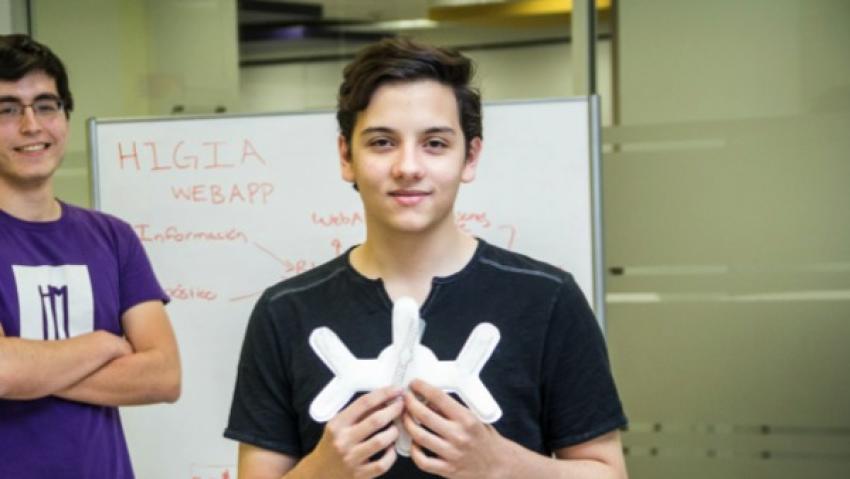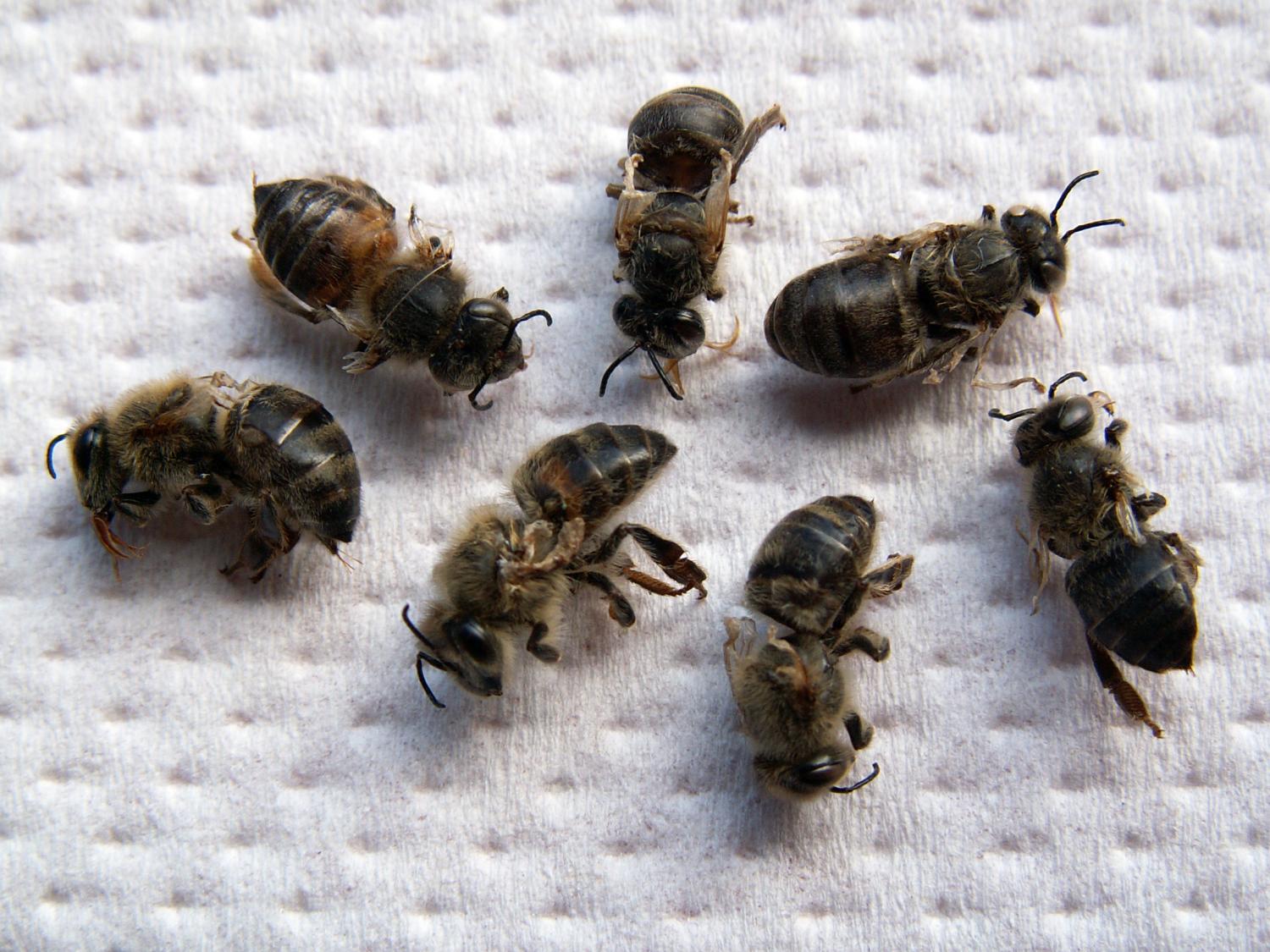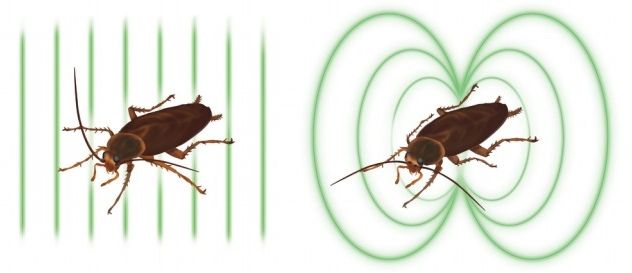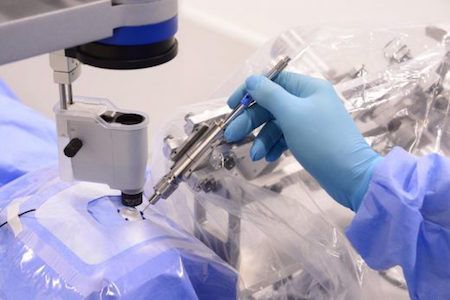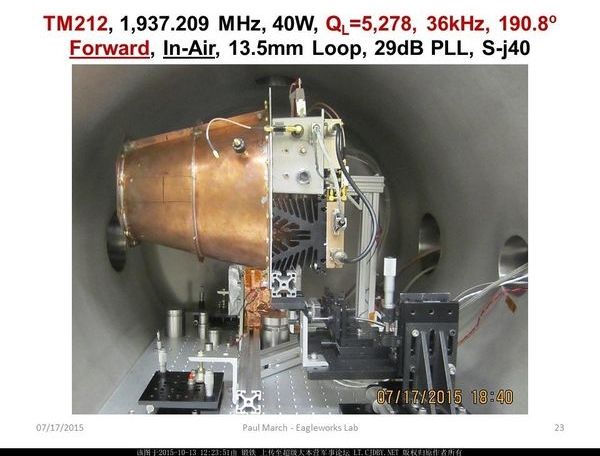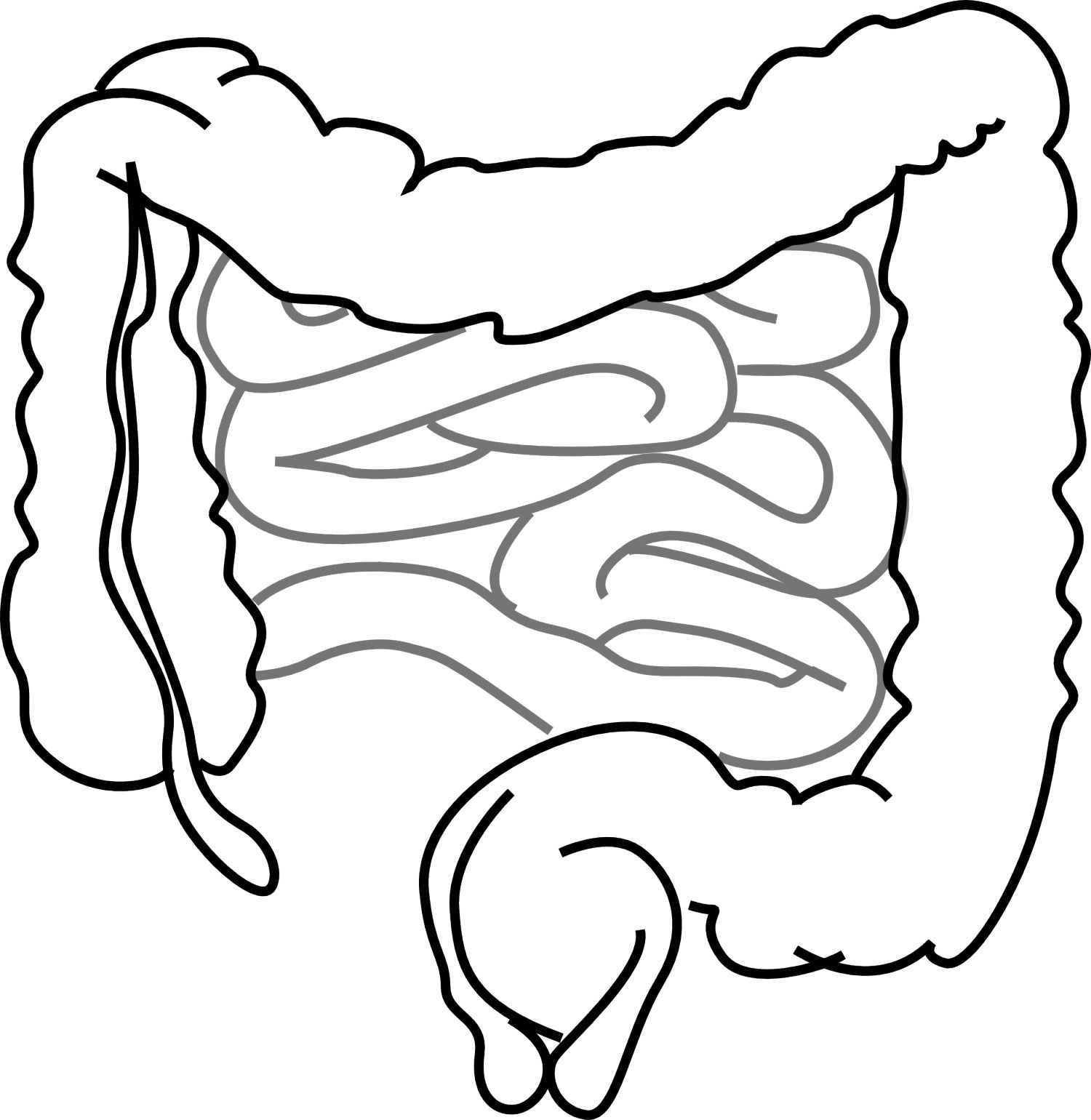Page 10490
Mar 1, 2017
Uber’s self-driving unit quietly bought firm with tech at heart of Alphabet lawsuit
Posted by Dan Kummer in categories: business, robotics/AI, transportation
SAN FRANCISCO A company now owned by Uber last year quietly bought a small firm specializing in sensor technology used in autonomous vehicles, giving the ride services company a patent in the technology and possibly a defense against a trade secrets theft lawsuit filed against it by rival Alphabet Inc.
The chief executive of little-known Tyto Lidar LLC said in a May 2016 post on LinkedIn that the company had been sold, at the same time as he and three other executives joined Otto, according to their profiles on the online business network. Official U.S. patent data shows Otto acquired Tyto technology at the same time.
Otto, a self-driving truck startup founded by former Alphabet employees, was bought by Uber in August.
Mar 1, 2017
Tiene 17 años y con tecnología para cáncer apunta a mercado de 100,000 mdd
Posted by Saúl Morales Rodriguéz in category: futurism
El mexicano Julián Ríos inventó un brasier que es capaz de recolectar información a través de sensores y con inteligencia artificial arrojar un diagnóstico más preciso y no riesgoso.
Mar 1, 2017
Scientists reveal core genes involved in immunity of honey bees
Posted by Saúl Morales Rodriguéz in categories: biotech/medical, health
A core set of genes involved in the responses of honey bees to multiple diseases caused by viruses and parasites has been identified by an international team of researchers. The findings provide a better-defined starting point for future studies of honey-bee health, and may help scientists and beekeepers breed honey bees that are more resilient to stress.
“In the past decade, honey-bee populations have experienced severe and persistent losses across the Northern Hemisphere, mainly due to the effects of pathogens, such as fungi and viruses,” said Vincent Doublet, postdoctoral research fellow, University of Exeter. “The genes that we identified offer new possibilities for the generation of honey-bee stocks that are resistant to these pathogens.”
According to the researchers, recent advances in DNA sequencing have prompted numerous investigations of the genes involved in honey-bee responses to pathogens. Yet, until now, this vast quantity of data has been too cumbersome and idiosyncratic to reveal overarching patterns in honey-bee immunity.
Continue reading “Scientists reveal core genes involved in immunity of honey bees” »
Mar 1, 2017
The curious case of cockroach magnetization
Posted by Saúl Morales Rodriguéz in categories: bioengineering, electronics
The discovery that living and dead cockroaches have strikingly different magnetic properties could help bioengineers design new magnetic sensors.
Mar 1, 2017
Robotic Physician Assistant Has Steady ‘Hands’
Posted by Saúl Morales Rodriguéz in category: robotics/AI
Current News
TITAN-III Spider Robot Is WAY Too Quick (Video) ‘My little friends can find you wherever you go!’
Bill Gates Suggests Tax On Robots ‘A worker replaced by a nubot that ‘appears or pretends to be human’ had to be compensated…’
Continue reading “Robotic Physician Assistant Has Steady ‘Hands’” »
Mar 1, 2017
EmDrive: China claims success with this ‘reactionless’ engine for space travel
Posted by Sean Brazell in categories: quantum physics, space travel
China announces that it’s already testing the EmDrive, a completely electric space engine, out in space, and has big plans for the tech.
Mar 1, 2017
Roboy 3DPrinted Humanoid Robot
Posted by Saúl Morales Rodriguéz in categories: 3D printing, robotics/AI
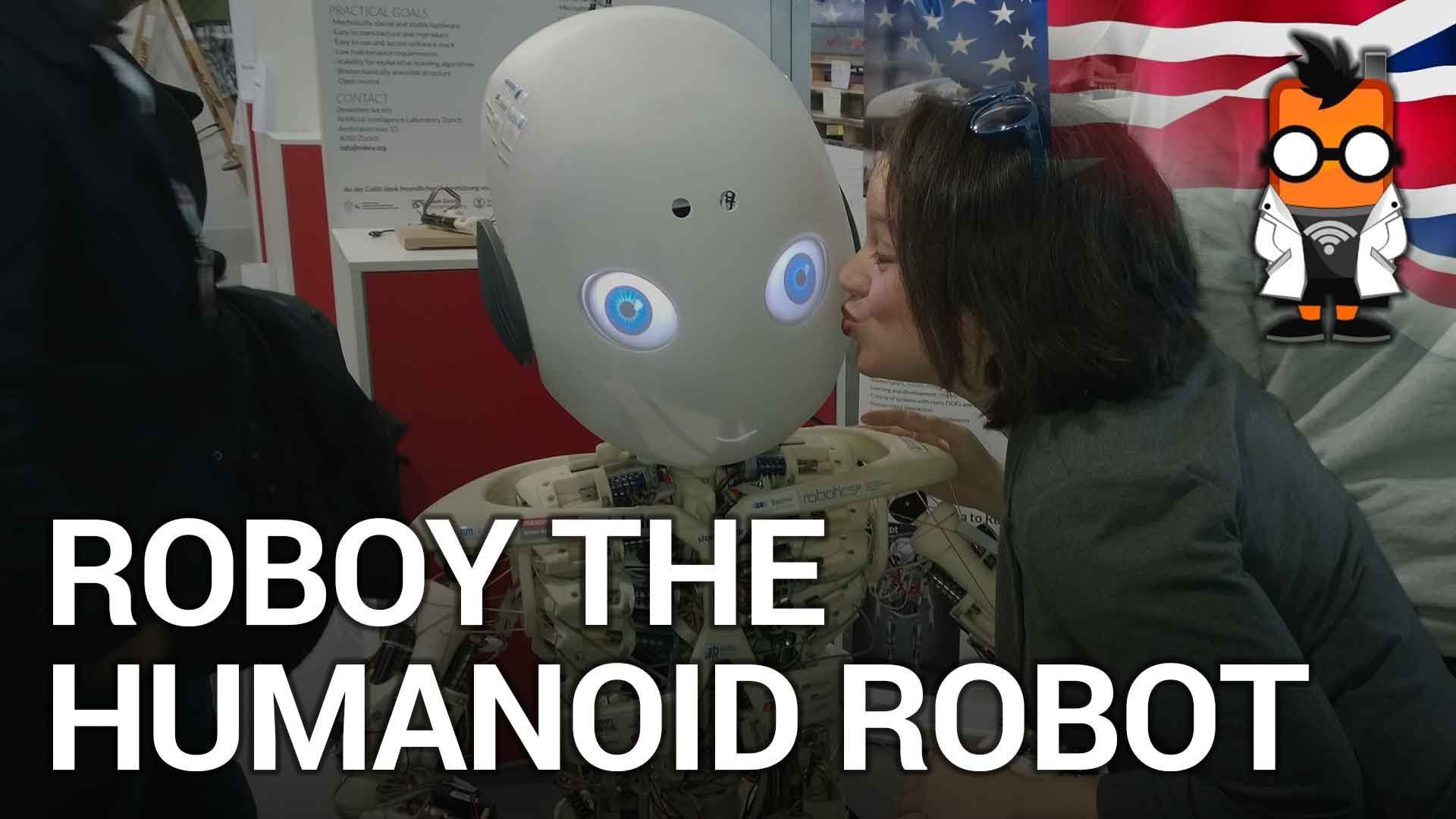
Current News
TITAN-III Spider Robot Is WAY Too Quick (Video) ‘My little friends can find you wherever you go!’
Mar 1, 2017
Mathematician breaks down how to defend against quantum computing attacks
Posted by Saúl Morales Rodriguéz in categories: computing, encryption, internet, mathematics, quantum physics
The encryption codes that safeguard internet data today won’t be secure forever.
Future quantum computers may have the processing power and algorithms to crack them.
Nathan Hamlin, instructor and director of the WSU Math Learning Center, is helping to prepare for this eventuality.
Mar 1, 2017
Intestinal bacteria alter gut and brain function
Posted by Saúl Morales Rodriguéz in categories: biotech/medical, health, neuroscience
Research from McMaster University has found that bacteria in the gut impacts both intestinal and behavioural symptoms in patients suffering from irritable bowel syndrome (IBS), a finding which could lead to new microbiota-directed treatments.
The new study, published today in Science Translational Medicine, was led by researchers from the Farncombe Family Digestive Health Research Institute at McMaster, Drs. Premysl Bercik and Stephen Collins, in collaboration with researchers from the University of Waterloo.
IBS is the most common gastrointestinal disorder in the world. It affects the large intestine and patients suffer from abdominal pain and altered bowel habits like diarrhea and constipation, which are often accompanied by chronic anxiety or depression. Current treatments aimed at improving symptoms have limited efficacy because the underlying causes are unknown.
Continue reading “Intestinal bacteria alter gut and brain function” »


